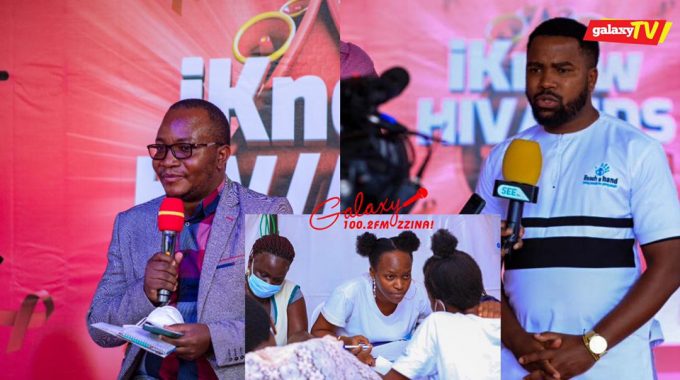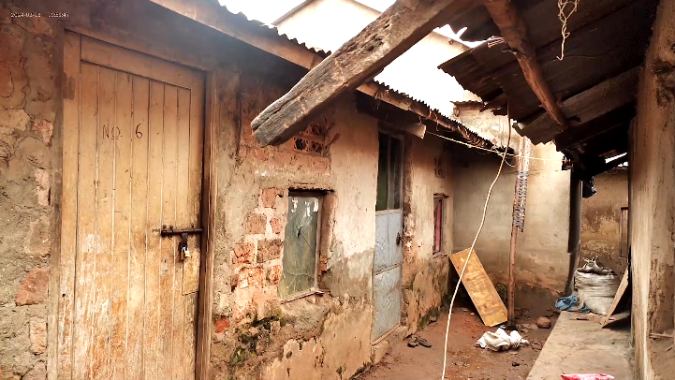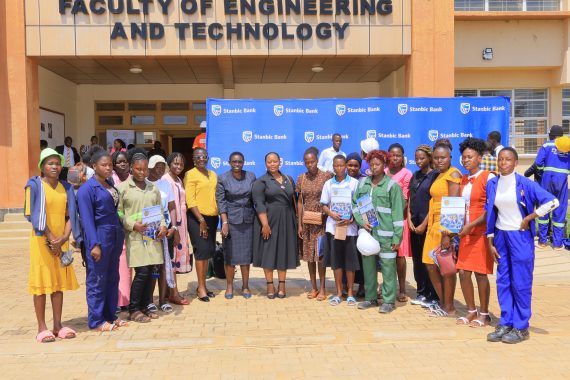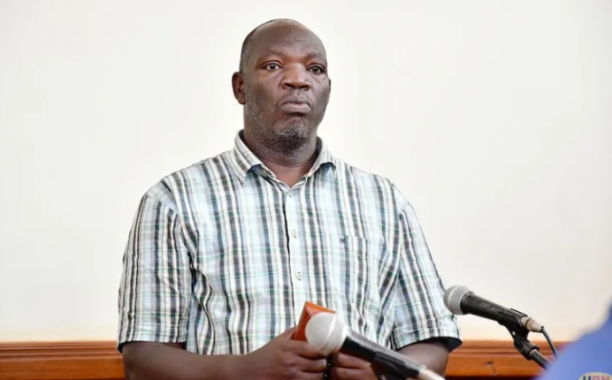Reach A Hand Uganda (RAHU) is a non-profit Youth Centred organization that focuses on youth empowerment initiatives, notably in the areas of Sexual Reproductive Health and Rights (SRHR), HIV/AIDS awareness and prevention, and livelihoods. RAHU and her partners run the #iKnowKati campaign every December to raise HIV/AIDS awareness and prevention. This year’s #iKnowKati HIV/AIDS Awareness and Prevention Campaign is inspired by the UNAIDS Global AIDS Strategy (2021-2026), which emphasizes the need to minimize inequities in order to end HIV pandemic by 2030.
The 2021 #iKnowKati HIV/AIDS awareness and prevention campaign, organized by RAHU in collaboration with the Global Livingston Institute (GLI), will ensure that much-needed HIV-related health information and services reach the poor and marginalized. It will give priority to those who have been left behind because of their gender, age, or financial situation. The #iKnowkati campaign this year under the theme “Ending the HIV epidemic by Tearing down inequalities.” will focus on addressing disparities such as gender discrimination as a method to speed up the end of the HIV epidemic. The campaign will also encourage community dialogues in order to keep communities at the forefront of the HIV response.
This year’s campaign will run for seven days throughout the first week of December. The activations, dubbed “One Week in December,” will begin today, December 1st, and will last until December 7th in six districts: Kampala, Kasese, Hoima, Kagadi, Kabale, and Adjumani.
Today, we gather to continue the fight against HIV/AIDS, which has ravaged our planet despite so many years of effort. With roughly 37.6 million people living with HIV worldwide, HIV/AIDS remains a public health threat. Young people will continue to play a critical role in reversing this trend. Young people aged 15 to 24 are thought to account for more than half of new HIV infections, and up to a third of HIV/AIDS patients are under the age of 25. Young people are disproportionately affected by the HIV/AIDS epidemic in Sub-Saharan Africa.
The HIV/AIDS pandemic continues to target young women and girls. Adolescent girls and young women accounted for over 29% of all new HIV infections in 2020, while young women accounted for 79 percent of new HIV infections among young persons aged 15-24 years. (Uganda AIDS Commission, 2021) Gender inequality and violence against women are at the heart of these alarming figures. Girls and women’s poor socioeconomic level continues to impede their ability to adapt and maintain HIV prevention behaviors. The Ministry of Health has remained strategically focused on confronting and tearing down such inequities that continue to support the spread of the HIV/AIDS pandemic, in collaboration with other government agencies and non-state organizations.
“We have made significant progress as a country in the fight to eradicate HIV. Uganda was one of just eight countries in the world to reach the 90–90–90 objectives by the end of 2020. 92 percent of HIV-positive people were aware of their status, 90 percent of HIV-positive people are on long-term therapy, and 82 percent have viral suppression. Despite these gains, Uganda’s HIV epidemic remains a major public health concern, particularly among marginalized groups such as girls and young women. We must learn from and build on these triumphs if we are to eradicate HIV by 2030. Vulnerabilities, disparities, and impediments to healthcare utilization must also be addressed. (Hon. Margaret Muhanga, Minister of Health; Primary Health care)
Young people from all walks of life require safety and protection from HIV, as well as information and services tailored to their specific needs in order to effectively avoid new infections and live longer happier lives.”James Tumusiime, Country Director, Reach A Hand Uganda.
“It goes without saying that campaigns like this one have a huge influence since they promote awareness about HIV/AIDS and the subsequent behavioral changes that are required, resulting in a cascade of transformed lives and generations. We bridge the information gap through the #iKnowKati campaign by conducting community sensitization activities and partnering with health service providers to bring SRHR services like HIV Testing and Counseling closer to them.” James Tumusiime, Country Director, Reach A Hand Uganda added.
Reach A Hand has increased awareness about HIV/AIDS prevention and treatment as well as provided services in this area through its numerous initiatives and projects, such as the #iKnowKati campaign. HIV testing and counseling, behavioral change communication and information dissemination, and condom distribution are just a few of the services available. All of our SRHR activities include HIV/AIDS prevention communication, including the various outreaches we do across the country.
“As Galaxy FM, we are partnering with Reach A Hand to raise awareness about HIV and try to ring the bell again to remind people that HIV is still there and dangerous.” Innocent Nahabwe CEO Galaxy FM.
The message to young people has always been prevention. Abstinence, condom use, and staying committed for those already in long-term relationships. evidence continues to demonstrate that young people are sexually active, resulting in high HIV prevalence among them, with girls being most affected susceptible. This is because adolescent girls, young women, and women have always been more vulnerable due to gender inequalities instilled in some of our archaic cultures which limit their capacity to engage in self-protective behavior with cultures that limit sexual consent, the inadequacy of HIV related services especially emergency services such as Pre-exposure prophylaxis, delays in enrollment to ART among others. The Covid-19 pandemic has exacerbated an already bad situation with restrictions in the movement of people and services, enclosing victims with their abusers thus increasing the overall risk to new HIV cases.
More innovative, adaptable, decentralized, community-based care should be established to address the covid-19’s collateral impact. Adapting to the needs and expectations of the individual is being widely acknowledged as crucial to successful HIV care, particularly in a pandemic.
The healthcare system must be improved as well. Despite having strong vertical health programs such as HIV/AIDS, TB, and malaria control, pandemics quickly show a lack of horizontal integration and fragile healthcare infrastructure in Uganda. COVID-19 should act as a wake-up call to Uganda’s government, donors, and policymakers, pushing them to engage in improving the country’s healthcare system so that critical HIV care can continue despite the pandemic’s increasing number of hurdles. (Dr. Daniel Byamukama; Head of HIV prevention at the Uganda Aids Commission)
Sapiosexual & Ambivert














